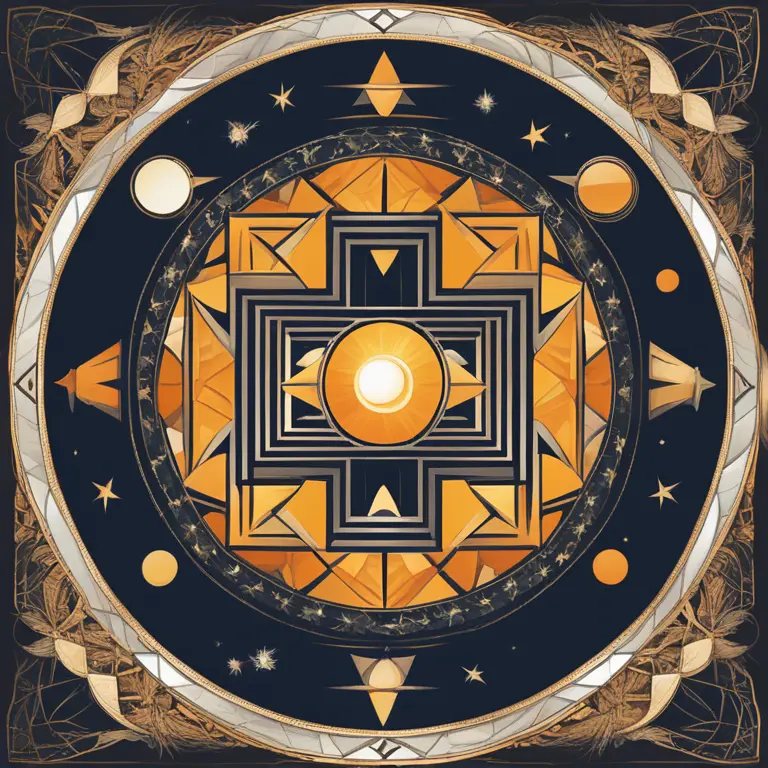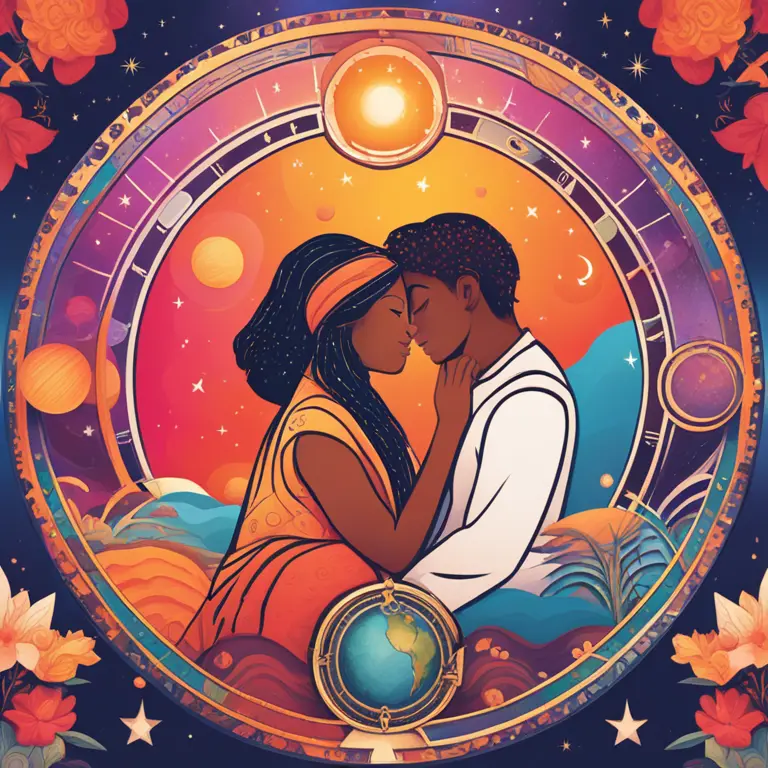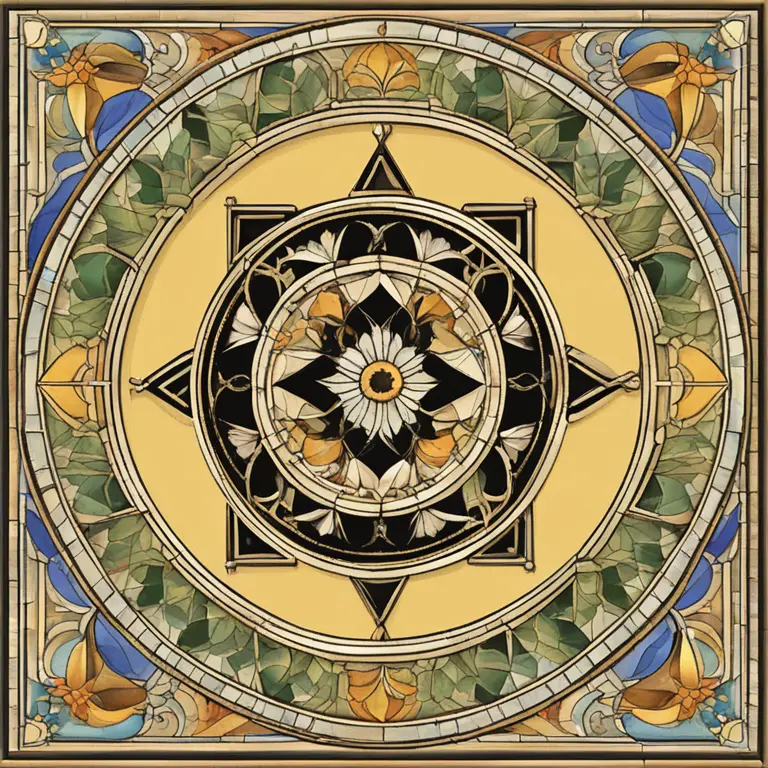
Astrological Compatibility and House Connections
Delve into the impact of astrological houses on relationship dynamics and discover how they influence compatibility. Learn the crucial role these celestial sectors play in love and partnership.
article by Sofia Ferguson
The Foundation of Astrological Compatibility
Astrological compatibility is a complex subject that can offer intriguing insights into the dynamics of relationships. At its core, this branch of astrology examines how the positions of planets and their movements through the twelve houses of the zodiac influence individuals and their interactions with others. Each house governs different aspects of our lives, from personal identity to career and relationships. Understanding how these houses interact in two individuals' charts reveals much about the potential for harmony or conflict in the pairing.

1st House: Self-Reflection in Partnerships
When we consider astrological compatibility, the 1st House, or the Ascendant, plays a pivotal role. It represents our self-image, the mask we wear, and our initial approach to the world. A harmonious connection between the 1st Houses of two individuals signifies an instinctive understanding and a strong, mutual attraction. Conversely, challenging aspects to this house can indicate identity clashes and discrepancies in how each partner projects themselves in the relationship.

4th & 7th Houses: Foundations of Home and Partnership
Two critical houses for evaluating compatibility are the 4th House of Home and Roots and the 7th House of Partnership and Marriage. The 4th House reflects our deepest needs, our private selves, and our home life, while the 7th House is the zone of committed relationships and open enemies. When someone's planets fall into your 4th or 7th House, there's often a strong sense of connection or obligation. Favorable aspects can indicate great emotional support and balanced partnership, whereas hard aspects may bring up issues related to emotional security and balance of power in a relationship.

5th and 8th Houses: Romance, Passion, and Transformation
The 5th House of Romance, Creativity, and Children and the 8th House of Intimacy, Shared Resources, and Rebirth are also highly telling. These houses speak to the pure enjoyment found within relationships (5th House), as well as the deeper, sometimes hidden elements that come with deeper bonding and shared possessions or values (8th House). Prosperous placements here can suggest a loving, playful partnership, with an enduring capacity for growth and transformation together. On the other hand, challenging aspects may highlight conflicts surrounding pleasure, progeny, or financial matters.

10th and 11th Houses: Social Standing and Shared Ideals
Lastly, the connection between an individual’s 10th House of Career and Social Status and their partner’s chart can impact their public life together, aligning goals and societal roles. The 11th House of Friendships and Goals comes into play to assess how couples engage with wider social circles and shared aspirations. Favorable aspects between these houses across two natal charts signify a couple's supportive role in each other's ambitions and community connections, reinforcing the relationship's strength.
Understanding Transits and Progressions
Looking ahead to 2024 and beyond, it's essential to consider transits and progressions. These predictive techniques help us understand how current planetary movements may activate or influence these compatibility houses, giving a dynamic perspective on current or future relationships. For example, transits to the 7th House could bring encounters with significant partners, while progressions might suggest the evolution of a relationship over time.
Published: 2/6/2024
Modified: 2/6/2024
More predictions
Come back here soon to learn more about yourself and your future


Zodiac Mismatch: Signs of Astrological Conflict
Discover the complexities of zodiac sign incompatibility and how astrological conflict influences relationships.


Top Chinese Zodiac Matches for Harmonious Relationships
Discover the most compatible Chinese zodiac signs for a harmonious and fulfilling partnership based on ancient astrological principles.